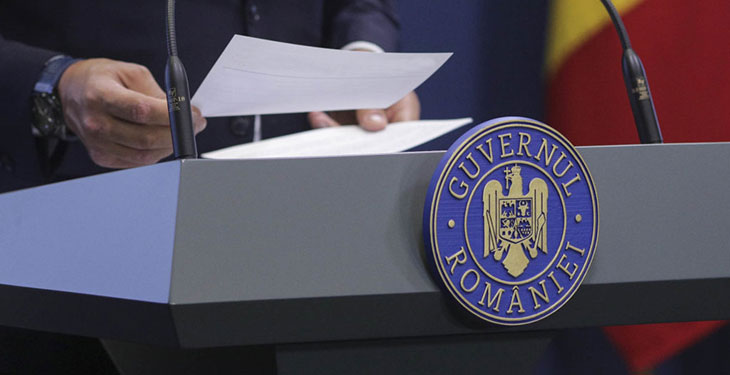Bogdan Tudorache
Ministry of Economy and Energy (MEEMA) launched in public debate the project for amending and supplementing Law no. 121/2014 on energy efficiency, which defines the responsibilities of the newly established Directorate for Energy Efficiency.
”The attributions of the Energy Efficiency Directorate within the Ministry of Economy, Energy and Business Environment do not have a legal basis in the primary domestic legislation, a consequence of the fact that the Government Emergency Ordinance no. 1/2020 on some fiscal-budgetary measures and for amending and supplementing some normative acts does not deal with the field of competences and activities specific to the sector, related to the mentioned structure and creates a legislative vacuum from a legal point of view,” it is shown in the substantiation note consulted by energynomics.ro.
“Taking into account the need and opportunity for the development of the energy efficiency sector, considering the predictable economic consequences, generated by the restrictive measures applied in the context of the international health situation, of adopting measures of economic and financial nature representing essential actions to mitigate repercussion on economy and citizens, as well as the negative effects on national economies, it is imperative to facilitate the implementation of financing instruments available at the Government level, addressed to energy efficiency, of large or small scale projects in the energy sector, in the field of energy efficiency. The Ministry of Economy, Energy and Business Environment, through the Energy Efficiency Directorate, manages certain financing instruments, with the risk that, at national level, the mentioned sector will not benefit from this potential, for the above-mentioned reasons,” the quoted document also states.
“The contribution of these financing mechanisms becomes all the more important, as the financing and co-financing conditions – that constitute elements of the European Investment Bank’s policy and the European Commission’s long-term strategy, through promoted policies such as the European Green Deal, on the internal energy market and the general framework for climate change – exclude natural gas and electricity infrastructure, with the exception of the integration of high-efficiency cogeneration elements, renewable energy sources and the promotion of clean energy through innovative installations such as hydrogen, methane capture and storage and carbon dioxide.”
Thus, according to the new ordinance, the Energy Efficiency Directorate within the Ministry of Economy, Energy and Business Environment is organized and operates with the following main attributions and responsibilities:
- participates in the elaboration of primary and secondary policies and legislation in the field of energy efficiency; develops secondary legislation in the field of energy efficiency;
- monitoring the state of implementation and related programs to improve energy efficiency, at national level, as well as energy savings resulting from the provision of energy services and other measures to improve energy efficiency;
- elaboration and implementation of energy efficiency measures, in order to achieve new energy savings, between January 1, 2021 and December 31, 2030, according to the objectives provided in the National Integrated Plan in the field of Energy and Climate Change, in the form approved by law;
- elaboration and development of an integrated Energy Efficiency Strategy, at national level;
- authorization of energy auditors in the industry and certification of energy managers;
- participation in the technical evaluation, approval and monitoring of investment projects in the field of energy efficiency, for which funding is required from the state budget, available to the Government;
- financing of energy efficiency projects within the specialized funds for financing energy efficiency projects, managed at the level of the Ministry of Economy, Energy and Business Environment;
- defining and elaborating the legal framework regarding the approval and implementation of the Energy Performance Framework Contract and of the legal framework for the regulation of ESCO type of energy service companies.
